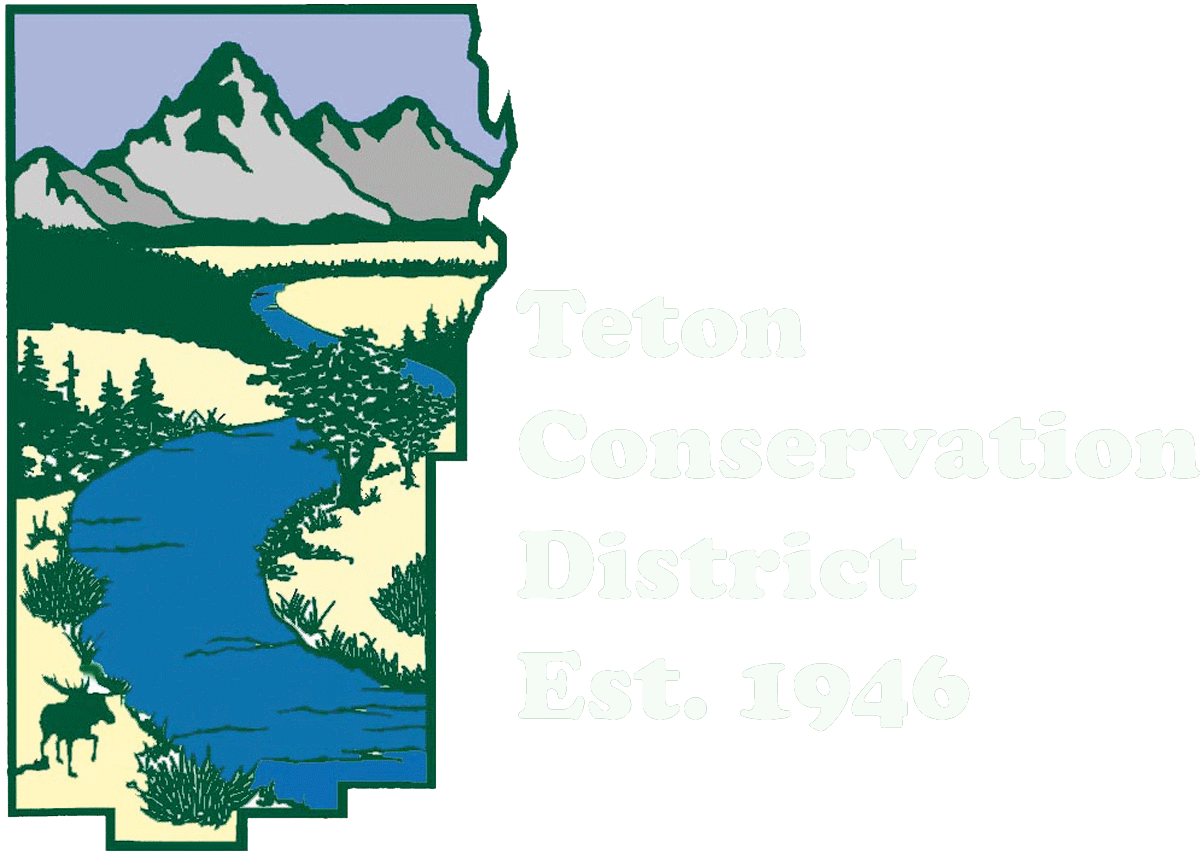Trout Friendly Lawns
Join the Trout Friendly Lawns Pledge
Have you spotted a Trout Friendly Lawn sign in your neighborhood? These signs identify homes and businesses committed to protecting water quality by following Trout Friendly practices—whether they care for their own lawn or work with a certified professional.
Why It Matters
This program helps residents and businesses reduce nutrient pollution from lawn care. By adopting sustainable landscaping practices, you are helping our community protect local waterways and native trout habitats. Everyday lawn care practices—like overwatering and over-fertilizing—can lead to nutrient pollution, fueling harmful algae growth and disrupting aquatic ecosystems. The Trout Friendly Lawns program offers simple, effective solutions to help reduce these impacts. Together, we can protect the plants, insects, fish, wildlife, and people who rely on clean water.
Be Part of the Solution
By registering below, you can take the pledge and be part of a growing movement! TCD delivers free lawn signs to select participating properties for display in May for the season and picks them up in November, while supplies last.
Need Help? Ask Your Lawn Care Professional
If you work with a lawn care provider, ask them about offering Trout Friendly services. Certified providers are listed below.
Trout Friendly Practices
-
Use slow-release or organic fertilizer only if needed, not to exceed two pounds of nitrogen per 1,000 sq. ft. of lawn per year. Do not fertilize within 20 feet of water. Natural phosphorous levels in our local soils are typically sufficient and do not need to be supplemented. Many common fertilizers provide a high but short-lived supply of nitrogen and phosphorus to your landscape. Excess fertilizer can do more harm than good to your plants and the environment. Nitrogen that is not absorbed by plants will seep directly into the groundwater or run off into nearby streams, rivers, ponds, or lakes. Using slow-release or organic fertilizers (including landscape clippings and compost) can help promote plant growth and encourage healthy soils without harming water quality.
-
Sprinkle your lawn at dawn and dusk every other day, and don’t water while it’s raining or during times of drought. Raise your mower blade height to three to four inches so less water and fertilizer are needed. Most people water their lawn more than needed. Excess water can run off into nearby waterbodies or seep directly into groundwater, carrying pollutants with it. Overwatering also leaches nitrogen from soil, before seeping into the groundwater. Watering the correct amount will encourage healthier plants with deeper roots, making your lawn more drought-tolerant in the long run.
-
Maintain a minimum five-foot buffer of unmanicured landscaping around water to act as a natural filter between lawns and waterbodies. Streamside buffers, such as tall native grasses or willows, act as a natural filter between your lawn and nearby streams or ponds, preventing nutrients and other chemicals from reaching the surface water. Because they have evolved in local climatic conditions, native plants also require less water and fertilizer than introduced vegetation. Native streambank buffers help prevent erosion and sedimentation and are crucial for trout, aquatic insects, and wildlife. Healthy streambank vegetation also helps keep water temperatures cool by shading the stream and it’s important nesting and foraging habitat for wildlife.
-
Only apply herbicide for state- and county-listed noxious weeds, using spot spraying or mechanical removal techniques where appropriate. Excessive application of pesticides, herbicides, and insecticides can have adverse effects on water quality and native plants, insects, fish, and wildlife. However, it is important to treat state- and county-designated noxious or invasive weeds and to follow the recommended guidelines on product labels. Contact Teton County Weed & Pest District for invasive species management plan information.
Certified Local landscapers
Thank you to the following landscaping, lawn care, and business partners for their leadership in protecting water quality.
These local businesses completed the 2024 Trout Friendly training and are certified to provide Trout Friendly services this year.
2025 additions coming soon!
Sign design: Original artwork by Abby Paffrath


